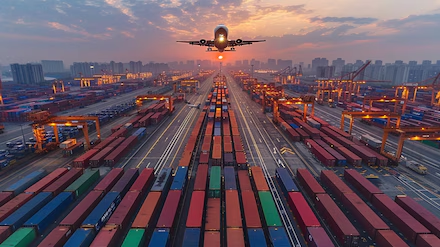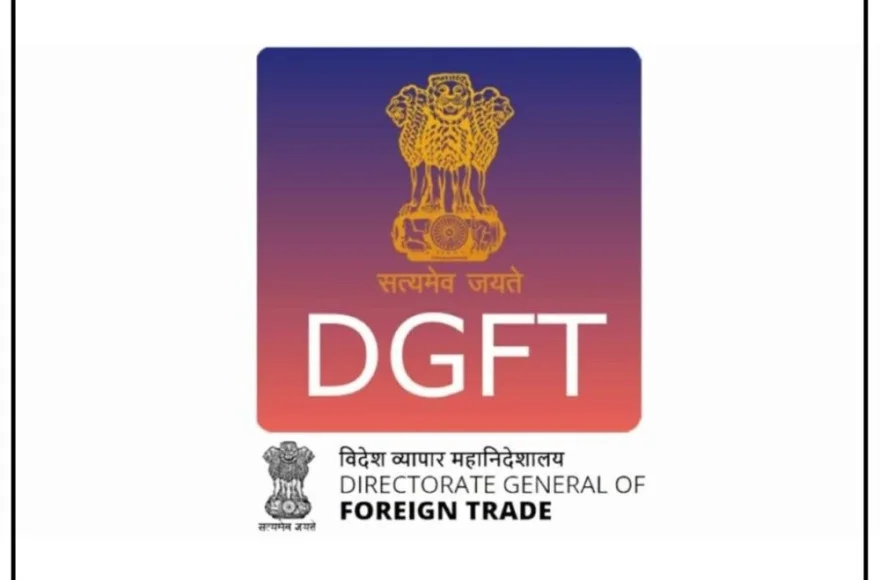Hey, like this? Why not share it with a buddy?

The European Union’s new eco design regulation, setting stringent sustainability requirements for all products in the bloc, is expected to hit Indian exporters, particularly smaller businesses, as it bans the destruction of unsold textiles and footwear, which could limit orders. The guidelines issued a few weeks ago has mandated product durability, reusability and energy efficiency, and is in line with a series of steps, including carbon border adjustment mechanism and the deforestation regulations that have been put in place.
The eco design regulations are to kick in 24 months after its publication in the official journal. The European Commission can introduce similar bans for other products in the future. There are certain products that must comply with minimum requirements related to energy efficiency. These are called eco design requirements and the aim is to reduce the negative environmental impact throughout the product’s lifecycle.
While industry is adjusting to the new ESG (environmental, social and governance) norms, these kinds of changes that come up suddenly particularly affect small players. The Govt. should take it up as part of the bilateral talks with EU. Another industry player described it as a non-tariff barrier and said Govt. should flag the concern even during the free trade negotiations as these norms would negate the impact of any tariff cut that is being sought. The adoption of the regulations by the European Council has temporary exclusions for SMEs, but they are not seen to be sufficient.
This new regulation replaces the existing eco design directive and broadens its scope to encompass all goods placed in the EU market, beyond just energy products. To encourage the public purchase of green products, eco design criteria will be applied in public procurement.
It will also align with the Digital Services Act for products sold online. The regulation applies to a wide array of products, with exceptions, like cars and defence-related items. It introduces new requirements including product durability, reusability, upgradability, reparability and energy & resource efficiency. There are norms regarding substances that restrict circularity, recycled content, remanufacturing, recycling, and environmental footprints.
Related Posts
SEARCH SME E-News
RECENT POST
Categories
- Achievements
- Banking & Finance
- Branding & Marketing
- Business Ethics & Culture
- Business talk
- Business Tycoons
- Capital Market
- Corporate Story
- Davos
- Economy
- Emerging Market
- Entrepreneurial Leadership Dialogue
- events
- Exports
- Grievances
- Impact on Business
- Import
- India Growth Story
- Industry
- Innovation and Invention
- Innovative Ideas
- International Affairs
- International Trade
- jobs career
- Manufacturing
- Meeting
- MSME
- Others
- Packaging
- Pharma
- Policies & Schemes
- Regulatory Change
- Skill Development
- SME Talks
- Start-up
- Swot Analysis
- Tax
- Technology & Research
- Travel
- Uncategorized
- Viksit Bharat 2047- Strategies, Contribution, Initiatives and Efforts
- Women Entrepreneurs
- World Economic Forum






